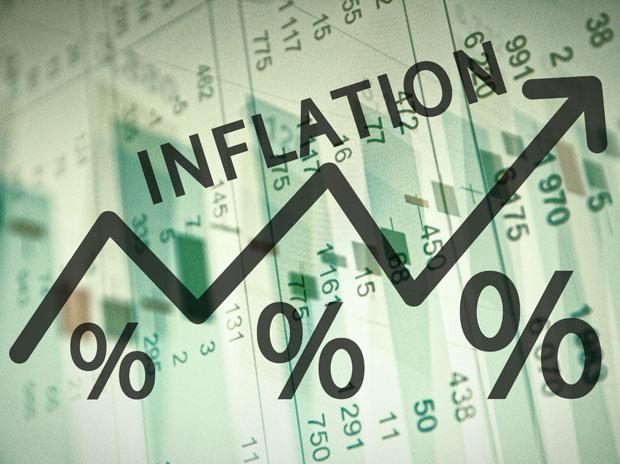Japan’s annual wholesale inflation accelerated to 4.2% in March, surpassing the previous month’s 4.1% increase and outpacing market expectations of a 3.9% rise.
The surge in the corporate goods price index (CGPI), which tracks prices that businesses charge each other for goods and services, signals persistent cost pressures, adding to corporate challenges amidst growing uncertainty over U.S. tariff policies.
The data reveals significant price hikes across various goods, including a 3.1% year-on-year rise in food costs and an 8.6% increase in petroleum and coal prices. However, the yen-based import price index fell by 2.2% in March, following a 0.9% drop in February, indicating a potential moderation in inflationary pressures.
Despite the higher wholesale inflation, market expectations remain that the Bank of Japan (BOJ) will face challenges in timing its next interest rate hike. The central bank must balance rising domestic inflation with the potential economic impact of U.S. tariffs, which threaten to disrupt Japan’s export-driven recovery.
In response to the inflation data, BOJ Governor Kazuo Ueda stated that the central bank must carefully assess whether the economy is on track to meet its projections, raising the possibility of a pause in interest rate hikes. With persistent food inflation and rising wages pushing consumer inflation above the BOJ’s 2% target for nearly three years, the BOJ’s path forward remains uncertain, especially as U.S. tariffs could undermine economic growth.




